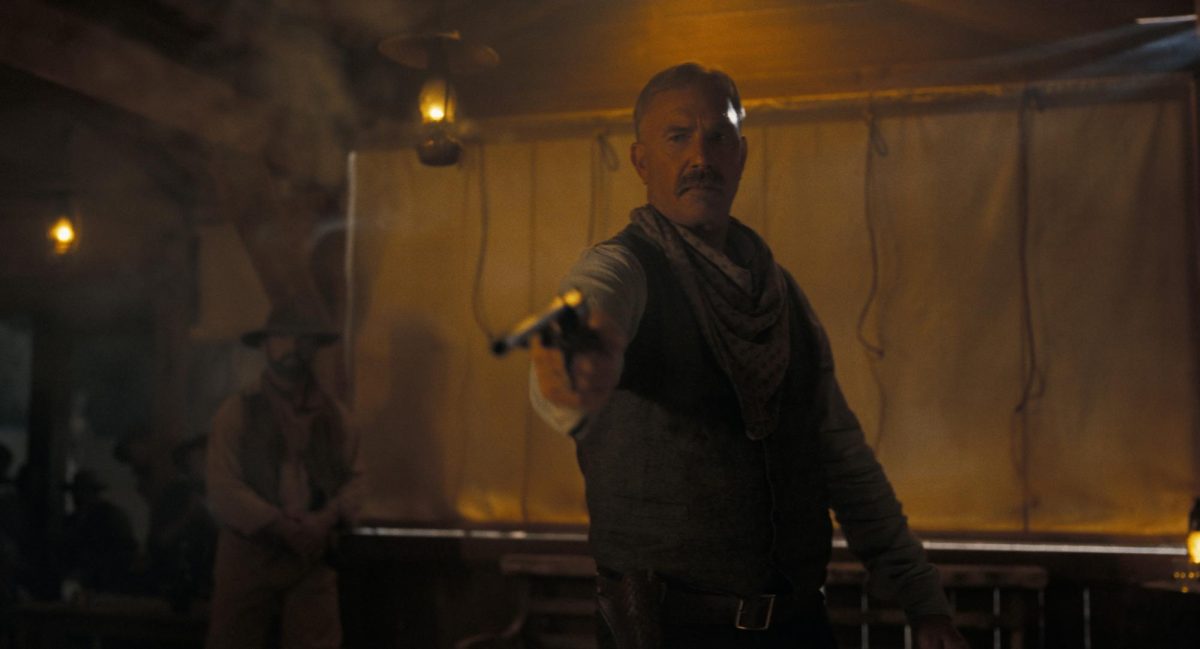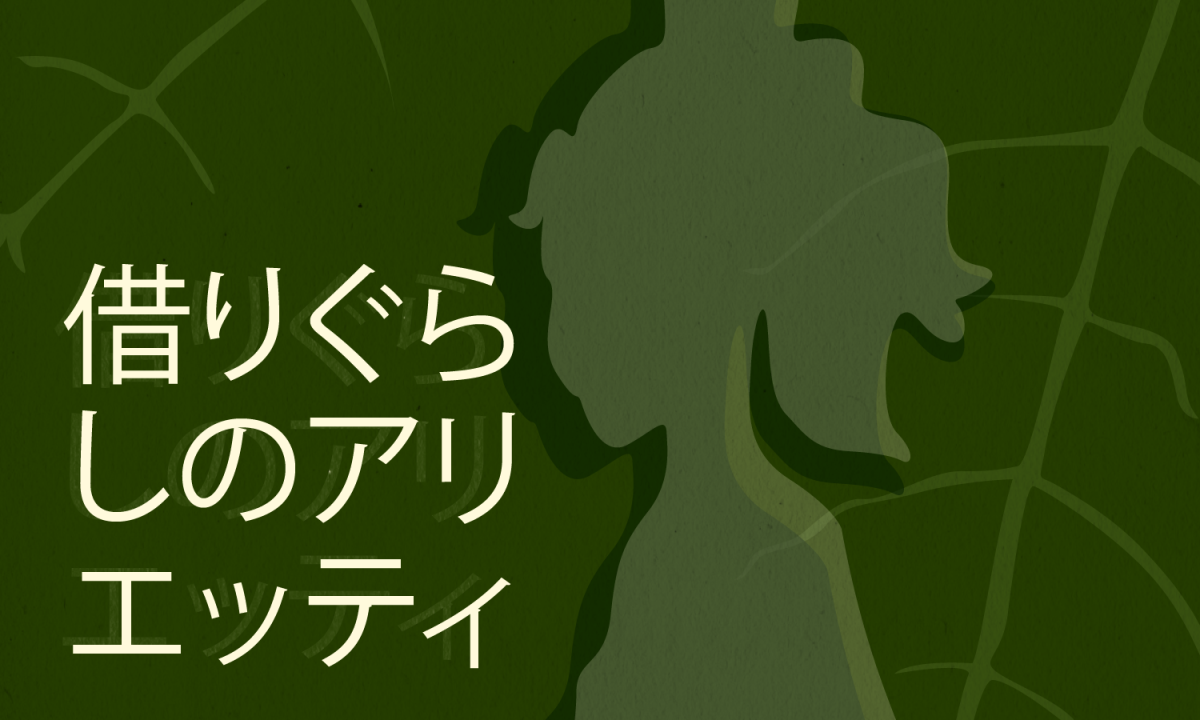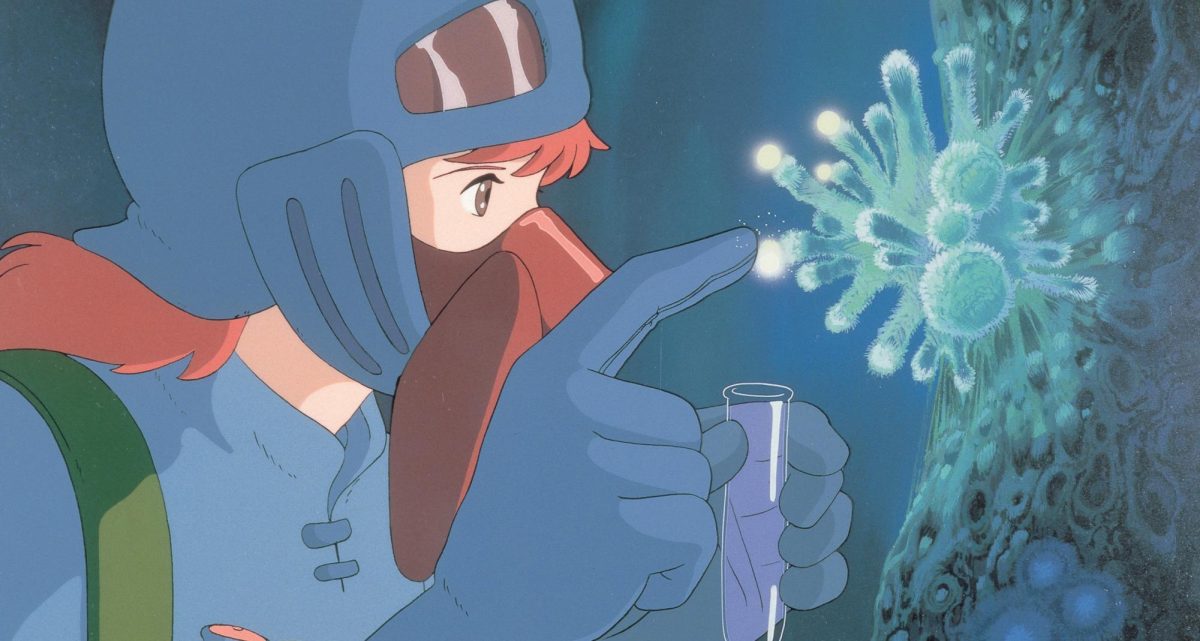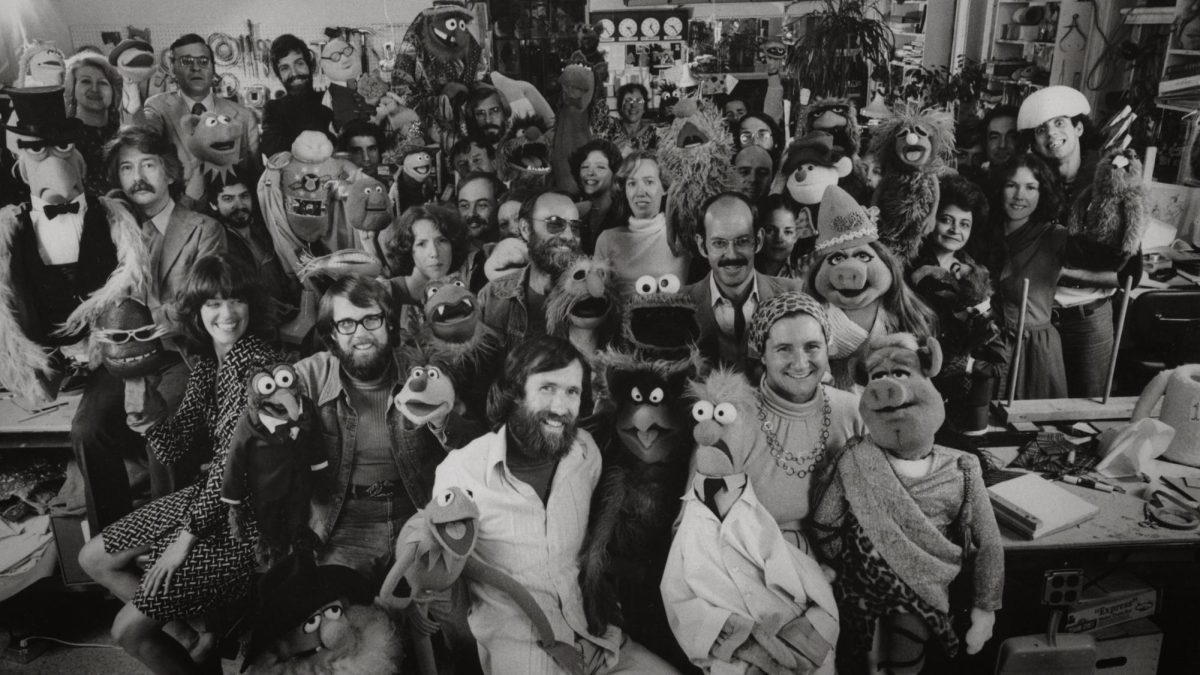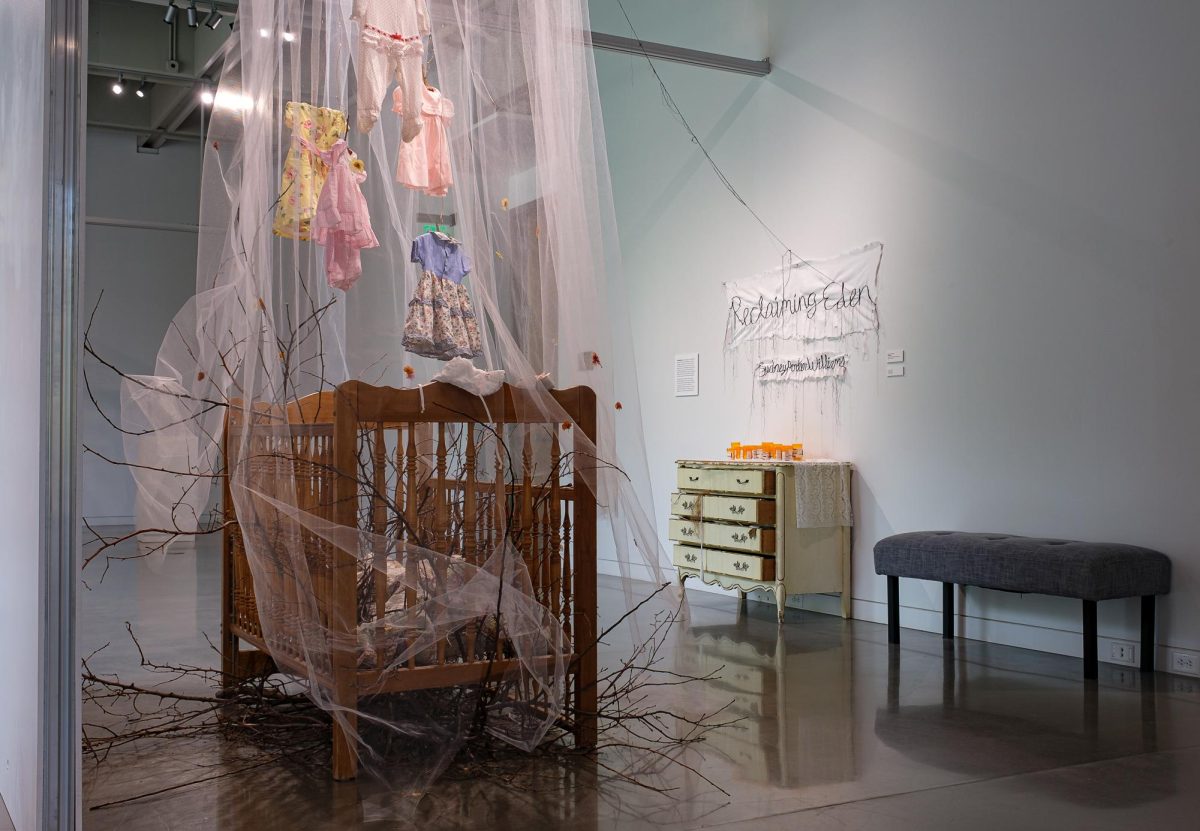Words like “immigrant,” “refugee,” “immigration,” etc. are tied to a variety of connotations, not all of them good. The Initiative for Transformative Social Work, a University of Utah student-driven and student-formed program, decided to add the connotation of “resiliency” with the “Objects of Resilience” photo and story exhibit they are putting together through submissions from community refugees and immigrants.
“Each semester I ask the students, what do you want to work on?” said Dr. Annie Isabel Fukushima, an Assistant Professor in Ethnic Studies and the College of Social Work, as well as the Director of ITSW. Each semester, the experiential scholar students chosen to participate in ITSW, which this year includes Sarah Anderson, Arati Ghimire, Jean Anewschka “Ani” Robles and Hannah Wilde, create a project based on their interests.
This year, with all the political language revolving around immigrants and refugees, it probably isn’t surprising that immigrants and refugees is what they decided to focus on. “We want to create a space where we can talk about [immigration],” Fukushima said. This is both because of national responses to immigration and refugees, as well as things happening on the very local level, to have an impact on all involved.
Titled “Objects of Resilience,” the resulting exhibit idea requires submissions of both photos of meaningful objects and a typed story that explains why that object exemplifies resilience to them.
“The students are working really hard on this, they’re really committed to this, said Fukushima.
In approaching the idea for this project, the experiential scholars decided they wanted to be careful with what they displayed and how they displayed it. “‘How do we think about immigration without putting people’s faces on display?'” Fukushima said was one of the questions she and the students in ITSW had to address. “We didn’t want people to be objects,” she explained. But they still wanted these stories to be told. From there, they came up with the idea of focusing on objects specifically, without images of their owners. The resulting idea felt like something that would be relevant for a wide variety of people. “We all can connect with everyday objects,” Fukushima said, adding that some of those objects are more important than others. “There are certain things in our life that tell stories.” According to a Youtube video posted by ITSW, the choice of objects is also motivated by a project by photographer Marco Pavan, who photographed objects African migrants left behind on Lampedusa, an Italian island. Here, though, the emphasis is less on loss and more on growth, future and “resilience.”
That resiliency can be defined in all sorts of ways. The project exists largely to learn how people, and specifically immigrants and refugees, define resiliency in the contexts of their own lives and experiences. All definitions are allowed and welcome. “I’m looking forward to learning…how people interpret resilience,” Fukushima said.
Immigrants and refugees both in the community at large and at the U are invited to submit, with submissions being accepted up to Feb. 28. All that is required is a photo of an object that exemplifies resilience to you, along with a maximum-300 word story explaining why it exemplifies resilience. Stories are to be submitted here, and photographs can be either printed out at size of print and emailed to Dr. Annie Isabel Fukushima, 395 South 1500 East #111, Salt Lake City, UT, 84112; or sent in an email to [email protected] 300 dpi at size of print. For help writing your story, check out ITSW’s video here.
Questions are also accepted at [email protected] with the subject line “objects.”








